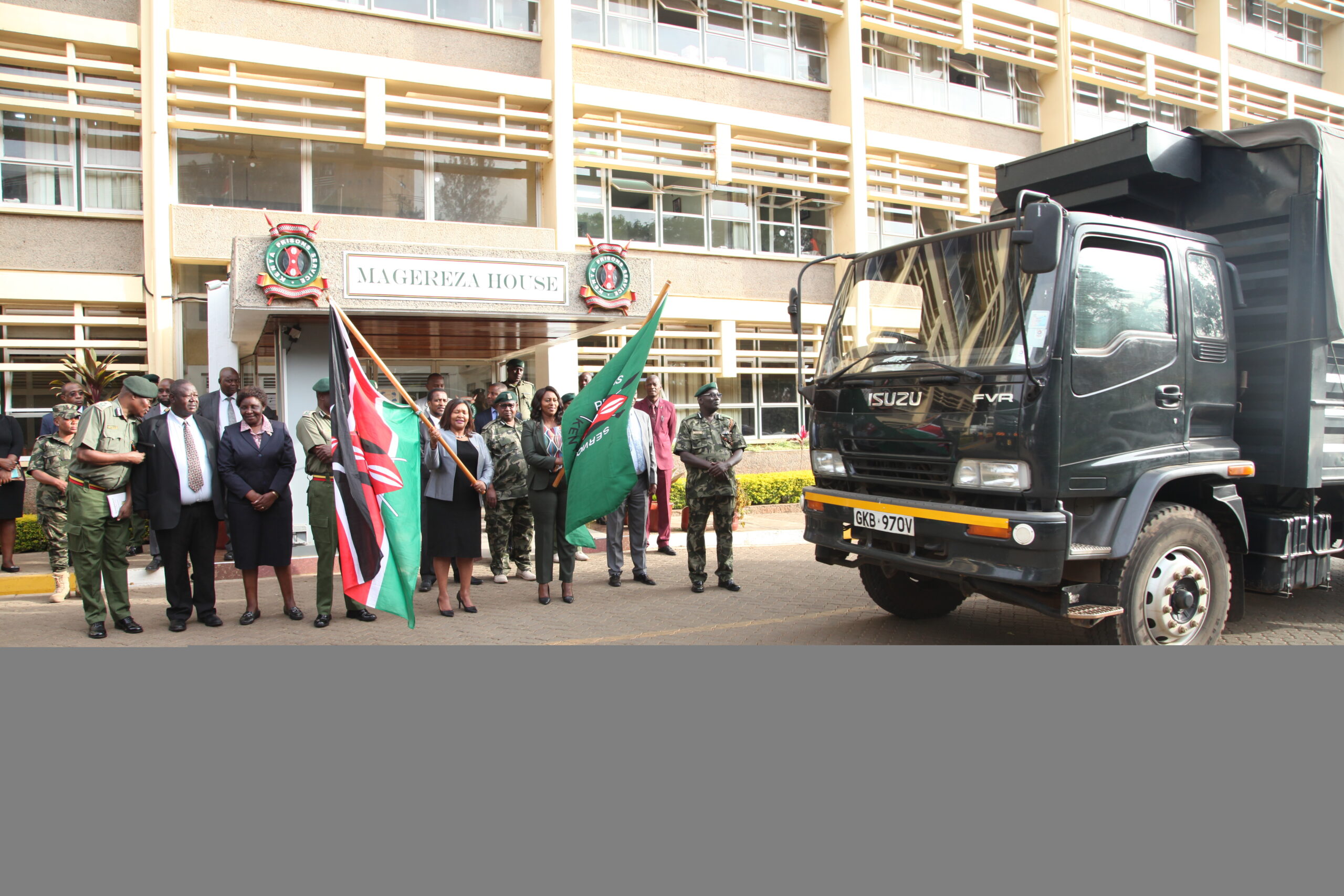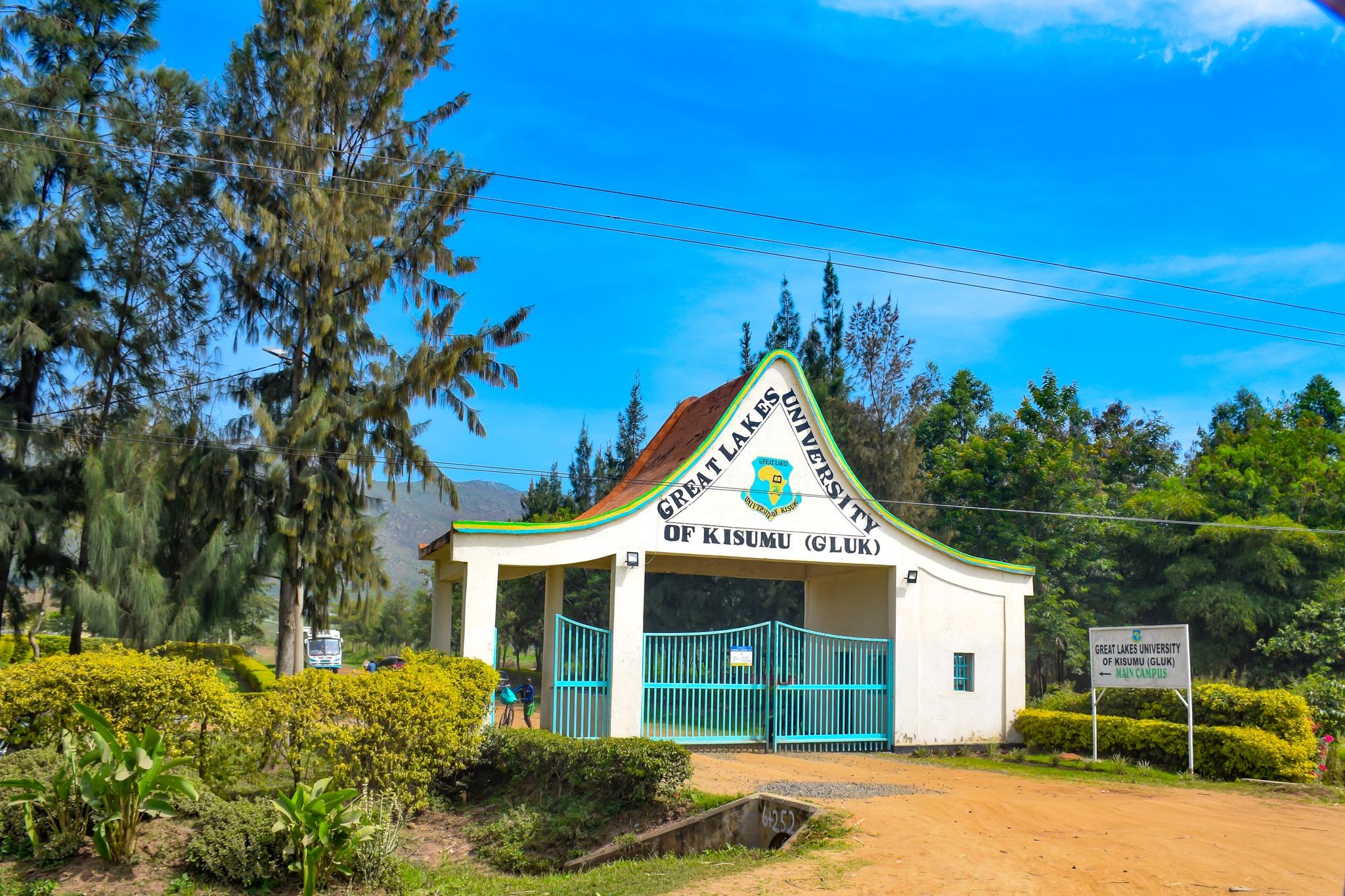The Department of Correctional Services paid Ksh 250,000 monthly for the former Commissioner General’s private residence, two and a half times above the legally approved housing allowance, without clearance from the Salaries and Remuneration Commission or the Housing Department, in what the Auditor General terms an illegal and unconstitutional arrangement
To unlock the full article:
Choose one of the options below:
- Ksh 10 – This article only
- Ksh 300 – Monthly subscription
- Ksh 2340 – Yearly subscription (10% off)
The Weekly Vision Investigations Team
The latest report by the Auditor General, currently pending before the National Assembly, exposes rampant financial mismanagement, neglect of assets, billions in pending bills, and illegal fiscal adjustments at the State Department for Correctional Services, which manages Kenya’s prisons.
Covering the 2023/2024 financial year, the report highlights breaches of the law and procedural failures, as well as dire conditions affecting both staff and inmates. Many officers suffer from low pay, while prisoners endure inhumane living conditions.
In one striking incident, the Department incurred a bill of Sh85 million for deploying 4,600 officers to the Prisons Staff Training College in Ruiru, without first securing funds for their food and upkeep. The college, now under financial strain, is seeking compensation from the Department, which has declined to pay.
Although the officers were attending promotion courses, the Auditor General notes that while the Department bears liability for sending them without financial provision, the college itself violated the Public Procurement and Asset Disposal Act, 2015, by commencing training without funding.
“Management did not explain why the training was organised without first securing funding, so as to avoid any liabilities which should otherwise be avoided,” reads the report.
The report also reveals that much of the land on which correctional facilities stand is either disputed, unsecured, or occupied by squatters. Meanwhile, many prison buildings are dilapidated, leaking, structurally unsound, or nearing collapse.
At the start of the financial year, the Auditor General found that 2,535 officers were earning below-subsistence wages after losing over two-thirds of their salaries to loans and deductions, contravening the Employment Act.
During the same period, the Department’s pending bills stood at a staggering Sh5.248 billion.
Among the more alarming disclosures is an unexplained Sh3 million payment for private housing for the immediate former Commissioner General of Prisons, allegedly without approval from the Salaries and Remuneration Commission (SRC) or the Department of Housing and Urban Development.
The Auditor notes that the Sh250,000 monthly lease was not registered with the Housing Department, even though the Commissioner was entitled only to a Sh100,000 monthly housing allowance. The SRC did not approve the excess amount and deemed the arrangement illegal and unconstitutional, since the Commissioner’s appointment letter carried no such entitlement.
“…The higher benefit was not based on advice of the Salaries and Remuneration Commission, pursuant to Article 230(4)(b) of the Constitution of Kenya,” the report states.
The report paints a grim picture of prison infrastructure across the country. Nairobi Remand Prison, Kitengela Main Prison, Thika Main Prison, the Prisons Staff Training College, and the Mixed Block at Kwale Main Prison are in varying states of disrepair.
At Nairobi Remand Prison, roofs are leaking, and rusty materials allow water to seep through floors. CCTV coverage is minimal, raising security concerns at one of Kenya’s largest prisons.
At Kitengela, the report warns of possible food contamination due to rainwater leaking into the kitchen area. Both the main store and food store are deteriorating, with collapsing ceilings and leaking roofs.
In Kwale, a section of the roof collapsed in 2021, exposing inmates and staff to the elements. It remains unrepaired. Thika Main Prison’s office blocks are leaking, overcrowded, and poorly ventilated.
The Training College is also affected.
“The store buildings were in a state of disrepair, characterised by cracked floors, broken pavements, and worn-out surfaces due to heavy foot traffic and poor maintenance.”
A total of 38 projects worth Sh570 million have stalled at Thika Main Prison, Thika Women’s Prison, Kapsabet Prison, Kibos Maximum Prison, and Kodiaga Prison. Yet, Sh229 million has already been paid for works.
The auditor notes that:
“…Expenditure incurred on the stalled projects could not be confirmed.”
A Sh5.2 million plumbing and sewage project for Thika Main Prison’s cells and staff quarters has been abandoned, worsening the risk of disease due to frequent flooding.
At Kapsabet Prison, a project to elevate the watchtower is 85% complete, but there is no documentation showing the budget or expenditure to date.
At Thika Women’s Prison, a Sh16 million project launched in 2011 to build a new block is only 40% complete.
A sewage treatment plant at Kodiaga, launched in October 2020, has been abandoned. The contractor is missing.
The situation at Kibos Maximum Prison is even more disturbing. A multipurpose dining hall project stalled without explanation after a payment of Sh2.5 million. A proposed biogas plant, budgeted at Sh13 million and due for completion in 2011, stalled after consuming Sh9.6 million.
Meanwhile, a contractor was paid Sh25.7 million out of a Sh50.1 million contract to construct sewer lines, a project scheduled between March and September 2023. It remains unfinished.
[/full]




